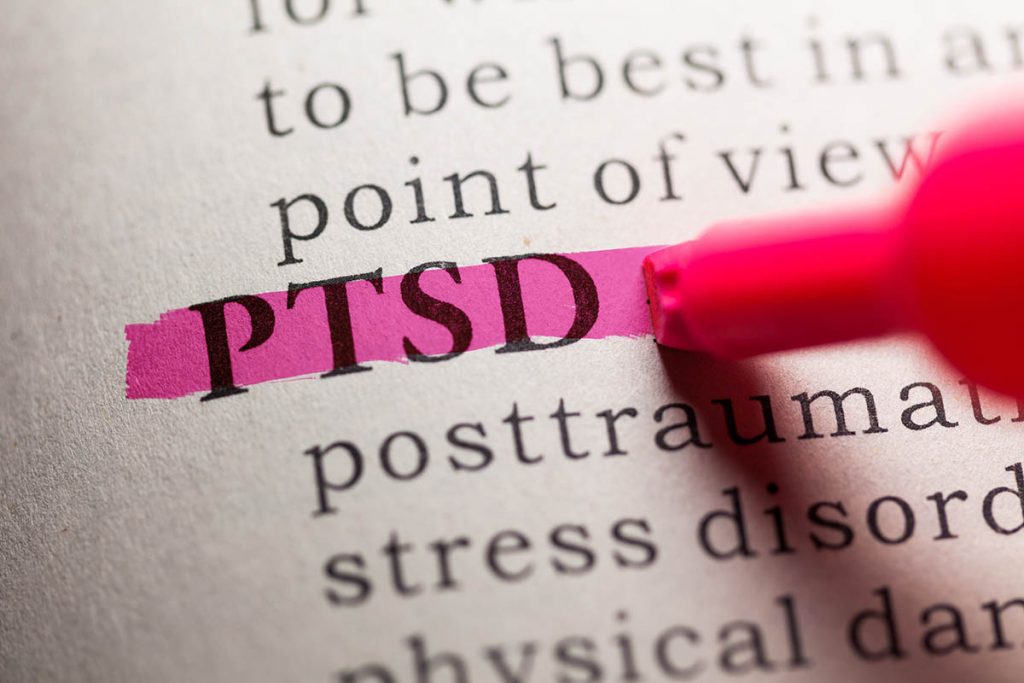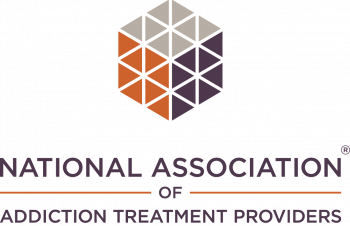Post-traumatic stress disorder, otherwise known as PTSD, is a common condition that is oftentimes the result of lingering trauma. After experiencing trauma, depending on an individual’s resilience, they may experience varying degrees of PTSD as the healing process continues. We do not move on from grief so much as we move forward. As we move forward, we carry with us the psychological and sometimes physical effects of trauma. We suffer from PTSD when the pain of loss continues to stay with us far after the traumatic event or experience. If PTSD symptoms continue, it is important to seek mental health counseling. If symptoms are severe, a therapist may encourage an individual to look into mental health therapy programs.
Why We Need PTSD Awareness Month
Unfortunately, mental health issues continue to be stigmatized in our society. As a result, those suffering from mental health conditions are too often unaware of the programs and services available to help them seek relief from their pain. PTSD awareness month exists because PTSD is an example of a treatable mental health disorder that does not receive enough much-needed attention. We need to spread awareness about mental health issues like PTSD so that those afflicted can feel more comfortable seeking out treatment and have the opportunity to improve their well-being.
Psychological pain can be just as painful, if not more painful, than a physical injury. We tend to focus on treating physical pain, injuries, and diseases. Mental health issues are becoming more and more common in our society, but we do not provide enough resources to help those in need.
Treatment for PTSD
Therapies that can help those suffering from PTSD include:
Trauma-Focused Therapy
Trauma-focused therapy helps clients directly address any underlying trauma. A client’s individualized treatment plan will focus on identifying any trauma in their past to make sure that it does not endanger their long-term recovery.
Cognitive-Behavioral Therapy (CBT)
Cognitive-behavioral therapy focuses on the problematic impact that negative thinking can have on mental and physical health.
Expressive Therapy
A form of therapy that teaches patients new ways to express themselves. Expressive therapy uses creative methods like art and music to help patients give voice to their experiences while also providing them with a creative outlet. Expressive therapy helps clients work through difficult emotional issues.
Common Signs of PTSD
There are many symptoms that overlap with any number of mental health disorders. This is because mental health disorders are often comorbid, meaning a person is likely to have a dual diagnosis. Those who suffer from generalized anxiety disorder (GAD) or major depressive disorder (MDD) are more likely to experience PTSD as the result of trauma.
As a result of trauma, an individual may experience some or all of the following common symptoms of PTSD:
- Intrusive thoughts or memories
- A sense of reliving a past traumatic experience as if it is occurring in real-time
- Nightmares about the traumatic event
- Intense emotional distress as a result of a trigger that reminds the individual of a traumatic event
- Avoidant behavior
- Not wanting to go to places or engage with individuals that remind a person of the traumatic event
- Mood instability
Not all symptoms of PTSD are common. Some individuals who experience PTSD describe additional symptoms. Some of these symptoms suggest an individual may be experiencing complex post-traumatic stress disorder, also called c-PTSD or CPTSD. Those experiencing especially intense symptoms are encouraged to reach out for help as soon as possible.
Reach Out to Fresh Start and Overcome PTSD
The intensity of any of these common symptoms of PTSD can vary as individuals process their traumatic experiences over time. Symptoms can lessen and then return unexpectedly. If you or your loved one are experiencing symptoms of PTSD, consider contacting Fresh Start Recovery Center at [Direct] to speak with a trained medical professional who can help you discuss treatment options.









